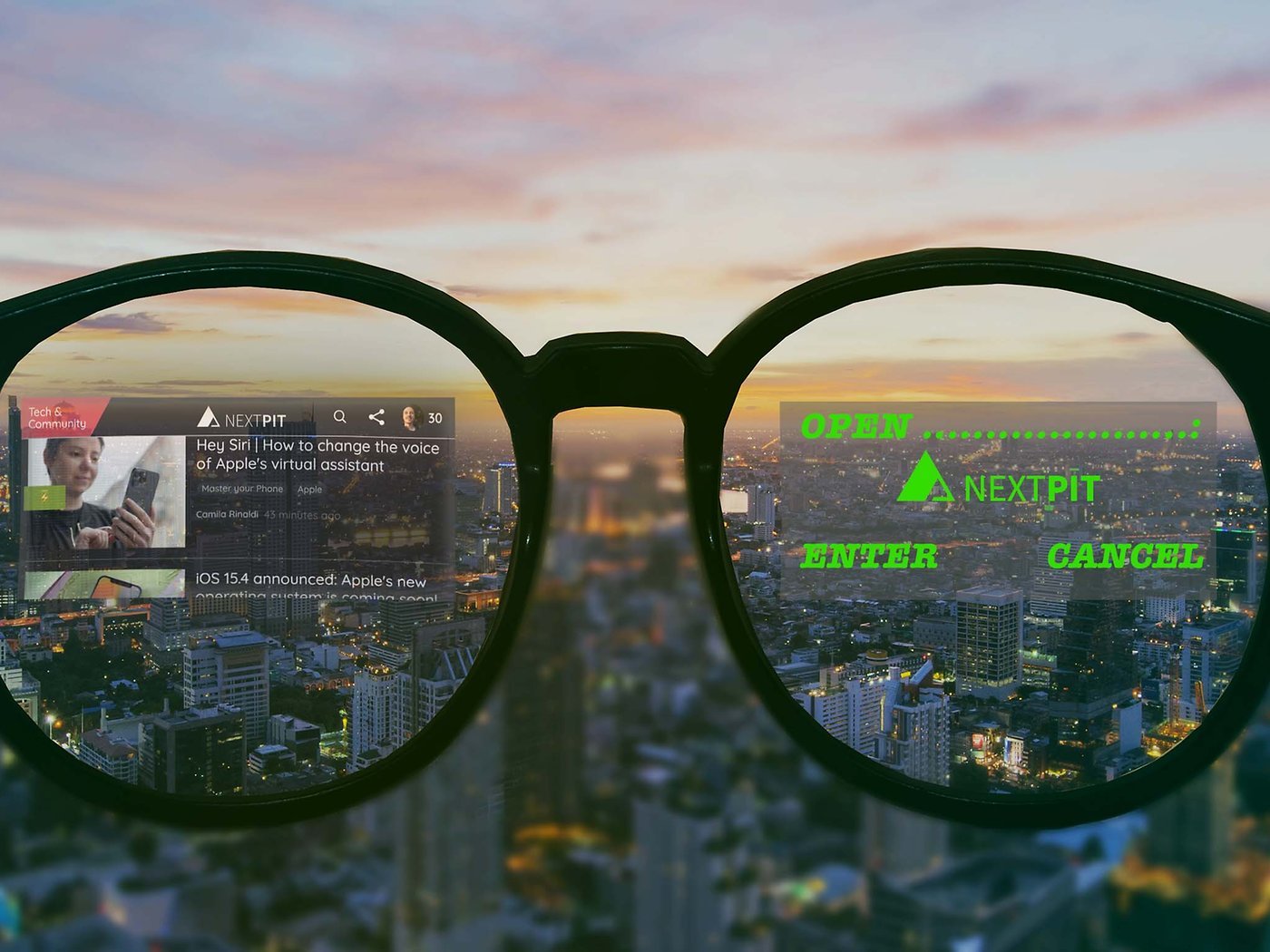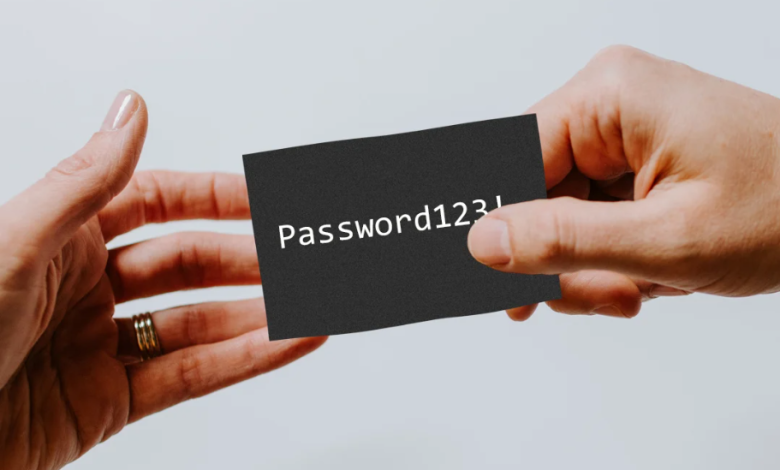Why Your Data, Devices, and Digital Habits Need Protection Too
When most people search “Is it safe to travel to…?” they’re thinking about physical safety: natural disasters, political unrest, or street-level crime. There’s another type of danger that follows us through airport security, hotel lobbies, and even the cozy cafés where we try to post vacation photos... digital threats.
At Travwell, we focus on traveling well and that includes feeling grounded, protected, and present. Today, that sense of security doesn’t just come from watching your luggage. It comes from paying attention to what you plug in, share online, and store in the cloud.
Before founding Travwell, I worked in cyber security education in the financial services sector, helping clients understand how to stay protected online. I'm an inventor in a U.S. patent for deepfake detection and fraud prevention. I’ve written about travel scams and safe destinations, and now, I’m bringing my cyber awareness experience directly to travelers.
Top Cyber Awareness Tips for Travelers
Pictured: 1. Juice jacking photo by cybersecurity360.it, 2. Travelwifi.com on esim safety, 3. Best smart glasses by Nextpit
1. Avoid Public USB Ports
It may seem harmless to charge your phone at the airport gate but “juice jacking” is real. Hackers can use compromised USB ports to install malware or initiate a cyber attack. Bring your own charger and plug into an outlet or use a USB data blocker for an extra layer of protection.
2. Use a VPN (Virtual Private Network)
Free hotel or café Wi-Fi might feel like a win but it’s often a playground for cybercriminals. A VPN encrypts your connection, keeping you safer from surveillance, data theft, or unwanted snooping, an essential layer for cyber security. Use it anytime you connect to public Wi-Fi, especially if you’re checking bank accounts or logging into sensitive platforms. Try a physical VPN router for added anonymity, like needing to work abroad remotely without your employer knowing.
3. Rethink Your SIM Strategy
Roaming can be expensive but hopping onto random local SIM cards or using unreliable eSIMs can expose you to more than spotty service. Purchase SIM cards from reputable providers, or better yet, use an international SIM plan you trust. Avoid handing out your new number freely because your digital footprint abroad should be just as private as it is at home.
4. Stop Using Weak Passwords
Don’t let your vacation get ruined by a hacked email or drained bank account. Use a password manager and activate two-factor authentication, especially your email, banking, and social logins. One quick slip can open the door to a major cyber attack.
5. Share Smarter
Posting your location in real time tells strangers two things: where you are and where you’re not (home). Wait a few days to post those dreamy pics. Your safety > your feed. This is one of the most overlooked travel safety tips.
6. Simplify Your Tech Stack
We travel with dozens of apps: flights, hotels, rewards, navigation, currency converters. More apps mean more notifications, distractions, and vulnerability. Before your trip, delete what you don’t need, update your remaining apps, and double-check security settings. Better yet, keep your travel plans analog in a printed travel planner.
7. Be Cautious with Wearables
Your fitness tracker or smart ring might feel like a helpful tool but many wearable devices share real-time health and location data. Yes, that means your new smart glasses too. If you’re using wearables abroad, disable auto-sync, use airplane mode more often, and only pair with networks you trust.
Safe Travel Should Also Include Cyber Awareness
Cybersecurity doesn’t have to feel like paranoia. It’s part of modern travel wellness. These travel safety tips won’t just keep your money safe. They’ll give you back your peace of mind. Because safe travel isn't just physical anymore. It's digital, emotional, and when done right, empowering.










1 comment
This is so good Rachel. 👍thanks for the tips.